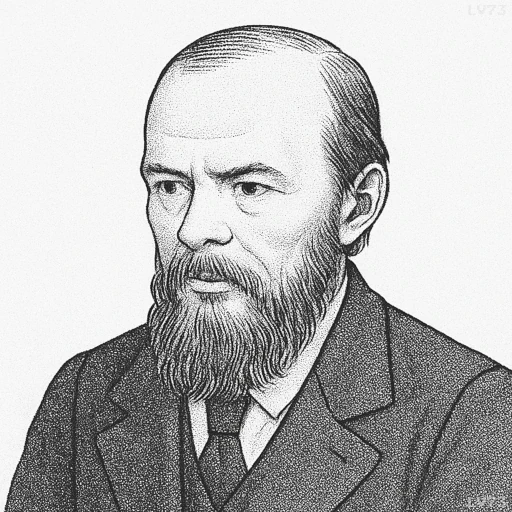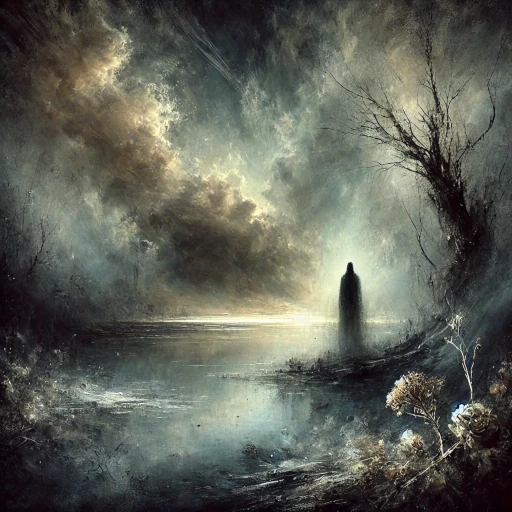“Men do not accept their prophets and slay them, but they love their martyrs and worship those whom they have tortured to death.”

- November 11, 1821 – February 9, 1881
- Born in the Russian Empire
- Novelist, philosopher
table of contents
Quote
“Men do not accept their prophets and slay them, but they love their martyrs and worship those whom they have tortured to death.”
Explanation
In this quote, Dostoevsky reflects on the paradox of human behavior toward those who challenge or threaten societal norms. The “prophet” represents an individual who comes with a new vision, a radical truth, or a message that is difficult for people to accept because it forces them to confront their own beliefs, values, or comfort zones. Such individuals are often met with hostility and rejection—they are “slain,” either physically, metaphorically, or in the sense of being silenced by societal forces. In contrast, a martyr—someone who suffers or dies for a cause—often gains reverence after their death, even if they were initially persecuted. Once the person is no longer a threat, society turns their suffering into something sacred or inspirational, sometimes even elevating them to a status of worship. Dostoevsky critiques the hypocrisy in this process, highlighting the tendency to idealize individuals only after their death, once the danger of their message has passed.
This sentiment reflects Dostoevsky’s profound skepticism about human nature and the way society treats figures who challenge its established order. In many of his works, such as The Brothers Karamazov or Demons, he examines how people often reject truth when it is presented in a way that disturbs their sense of order or comfort. Christ is the ultimate example of this phenomenon: during his lifetime, he was rejected and crucified, but after his death, he became the object of worship. Dostoevsky saw this pattern as a tragic flaw in human nature—society tends to repress or eliminate those who truly challenge it, only to revere them once they are no longer a threat. This contradiction is rooted in fear** of change, as well as the tendency to valorize what cannot be questioned after it is no longer relevant.
In modern society, this quote resonates with how visionary figures—especially those who challenge the status quo or speak uncomfortable truths—are often marginalized or rejected during their lifetimes, only to be idolized after their death. Figures like Martin Luther King Jr., Mahatma Gandhi, or Oscar Romero were controversial in their time, facing both persecution and misunderstanding, yet after their deaths, their sacrifices are remembered with reverence and their messages have become mainstream ideals. This process reveals a broader truth about the difficulty of accepting new ideas that challenge existing structures of power or social norms. It is a reminder that those who seek to change the world often face great resistance, only to be celebrated once their challenge has transformed society—or when society can no longer reject them. Dostoevsky’s reflection invites us to question why we are often more willing to worship those we have persecuted than to listen to the living voices that challenge us to evolve.
Would you like to share your impressions or related stories about this quote in the comments section?




